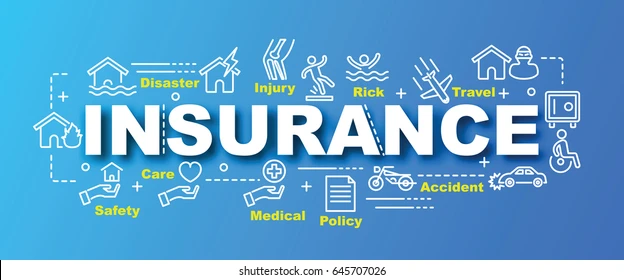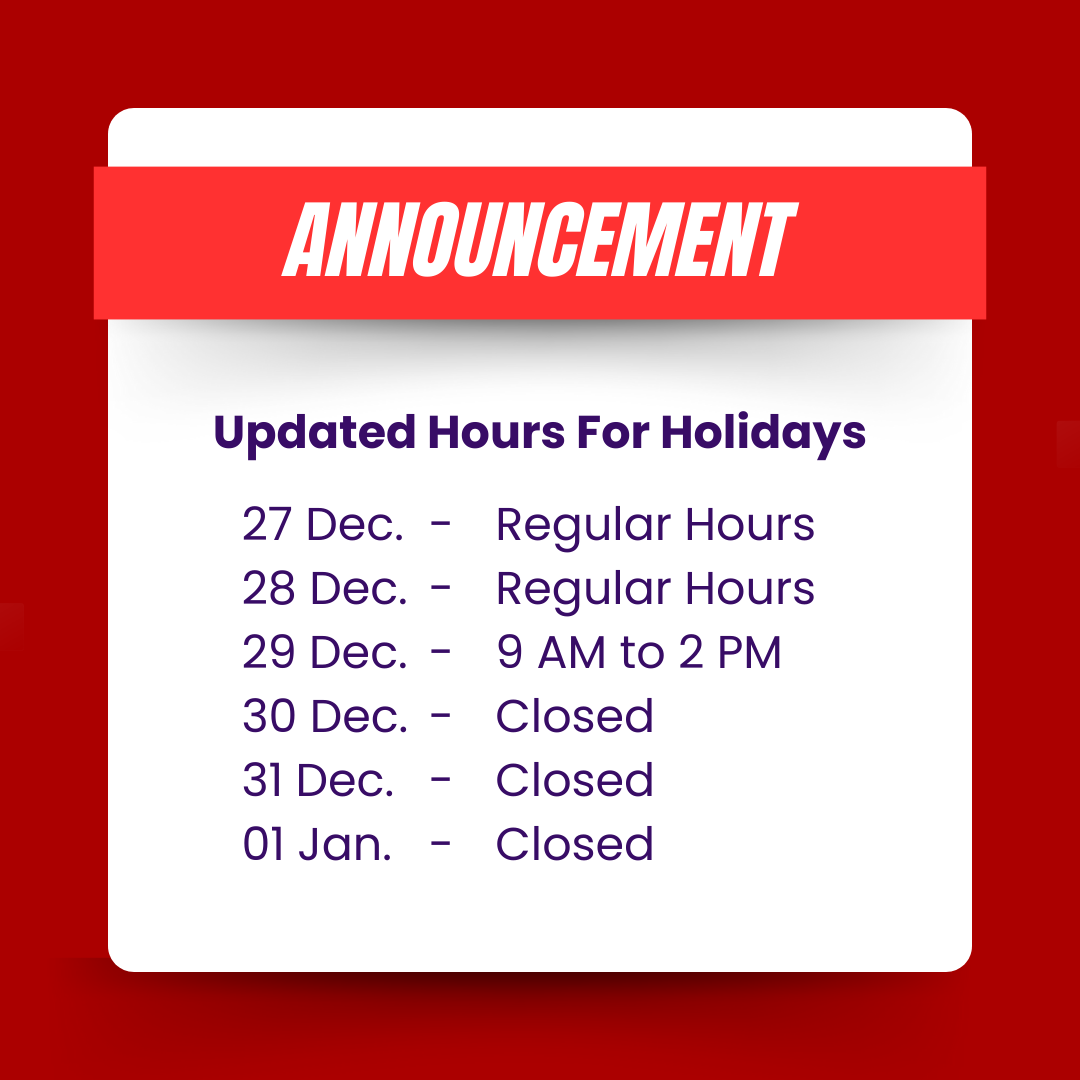When you buy your insurance products whether it is auto insurance, home insurance or any other insurance products there are lot of protections that you won’t get when you buy the same through a direct writer insurance company. See below what you will get other than insurance coverage if you buy through an independent insurance broker and what you will lose if you buy through a direct writer :
1. Independent Advice:
-
- A broker represents many markets and will give you the best possible price and coverage. This advice will matter in case of a claim as well.
2. You know who is your advisor as you will be dealing with him and or her throughout the policy term. No call centre where you don’t know who will be next…
3. No wait times that you might face on call centre queues
4. Advice: When you dealing with a direct writer you have to make your own decisions especially when you buying online. if a broker in error give you wrong advice he is covered by his professional liability insurance.
5. Myth that price may be high with brokers is not true. As brokers deal with many insurers he will find you best price and product according to your needs.
6. Your local broker not a call Centre creates local jobs…
7. When you need them the most- Your local broker can meet you according to your needs whether it is consultation or claim situation.
8. Unfair Business Practices: No insurer that writes business through independent insurance brokers will start a practice which is unfair without the consent of brokers as they tend to lose broker business. If some insurer start a practice which not fair with consumer broker can remarkets you with different insurer.
The Allure and Dangers of Direct Insurance Writers
In a rapidly evolving insurance landscape, consumers often find themselves at the crossroads of choice: intermediaries or direct insurance writers? While the latter promises simplicity and potentially lower costs, the consequences of dealing with a direct insurance writer extend far beyond the initial allure. This article delves into the intricacies of this choice, shedding light on the unseen ramifications that consumers may face when opting for a direct insurance transaction.
The Promise of Simplicity: Understanding Direct Insurance Writers
Direct insurance writers cut out the middleman, allowing consumers to purchase insurance policies directly from the provider. This streamlined approach is often marketed as a hassle-free way to secure coverage without the need for intermediaries. The appeal lies in simplified processes, quicker transactions, and the perception of cost savings. However, the convenience comes with trade-offs that consumers must carefully evaluate.
Potential Cost Savings vs. Lack of Comparative Shopping
One of the primary attractions of dealing with direct insurance writers is the potential for cost savings. By eliminating commissions paid to intermediaries, these providers claim to offer more competitive premiums. However, this apparent advantage can be deceptive. Without the ability to compare quotes from multiple insurers, consumers may miss out on better deals available in the broader market. The lack of comparative shopping can result in missed opportunities for substantial savings over the life of an insurance policy.
Limited Customization: The Trade-off for Simplicity
Direct insurance transactions often come with limited customization options. While simplicity is a selling point, it can also mean that consumers are left with one-size-fits-all policies that may not align with their unique needs. Tailoring coverage to specific circumstances becomes challenging, and individuals may find themselves inadequately protected in critical areas. Understanding the balance between simplicity and customization is crucial for making an informed decision when engaging with a direct insurance writer.
Hidden Fees and Charges: Unveiling the True Cost
In the pursuit of simplicity, consumers might overlook the potential for hidden fees and charges associated with direct insurance transactions. Some direct insurance writers may employ a fee structure that is not immediately apparent, impacting the overall cost of coverage. It is essential for consumers to scrutinize policy documents and agreements to uncover any undisclosed fees that could erode the perceived financial benefits of dealing directly with an insurance provider.
Claims Handling Challenges: The Impact on Customer Experience
When a claim arises, the efficiency of claims handling becomes paramount. Direct insurance writers may excel in some aspects of customer service, but challenges often emerge when it comes to claims processing. Limited human interaction and a reliance on automated systems can lead to delays and frustrations for policyholders seeking prompt resolution. Understanding the potential hurdles in claims handling is crucial for those considering the direct insurance route.
Customer Service Dynamics: Striking a Balance
While direct insurance transactions aim to simplify the process, the level of customer service can vary widely among providers. Some excel in offering responsive support through digital channels, while others may fall short in addressing complex queries or concerns. Striking a balance between simplicity and robust customer service is vital for consumers seeking a seamless insurance experience.
Risk of Inadequate Coverage: Assessing Individual Needs
Direct insurance writers often operate on a one-size-fits-all model, making it challenging for consumers to assess and address their specific coverage needs adequately. Understanding individual risk profiles and tailoring coverage accordingly is a nuanced process that may be overlooked in the streamlined approach of direct transactions. Consumers must carefully evaluate whether the simplicity offered by direct insurance writers aligns with their need for comprehensive and tailored coverage.
Regulatory Considerations: Consumer Protections and Rights
Navigating the world of insurance involves more than just policy details and premiums. Regulatory considerations play a crucial role in safeguarding consumer rights. When dealing with direct insurance writers, consumers must be aware of the regulatory landscape governing these transactions. Understanding the level of consumer protection, dispute resolution mechanisms, and adherence to industry standards is essential for making an informed decision and ensuring a safety net in case of disputes.
Conclusion
The decision to engage with a direct insurance writer is a nuanced choice that goes beyond the surface appeal of simplicity and potential cost savings. Consumers must weigh the advantages against the consequences, considering factors such as customization, hidden fees, claims handling, customer service dynamics, and regulatory protections. By making informed decisions and understanding the potential pitfalls, individuals can navigate the complex landscape of direct insurance transactions with confidence, safeguarding their financial well-being in the process.







